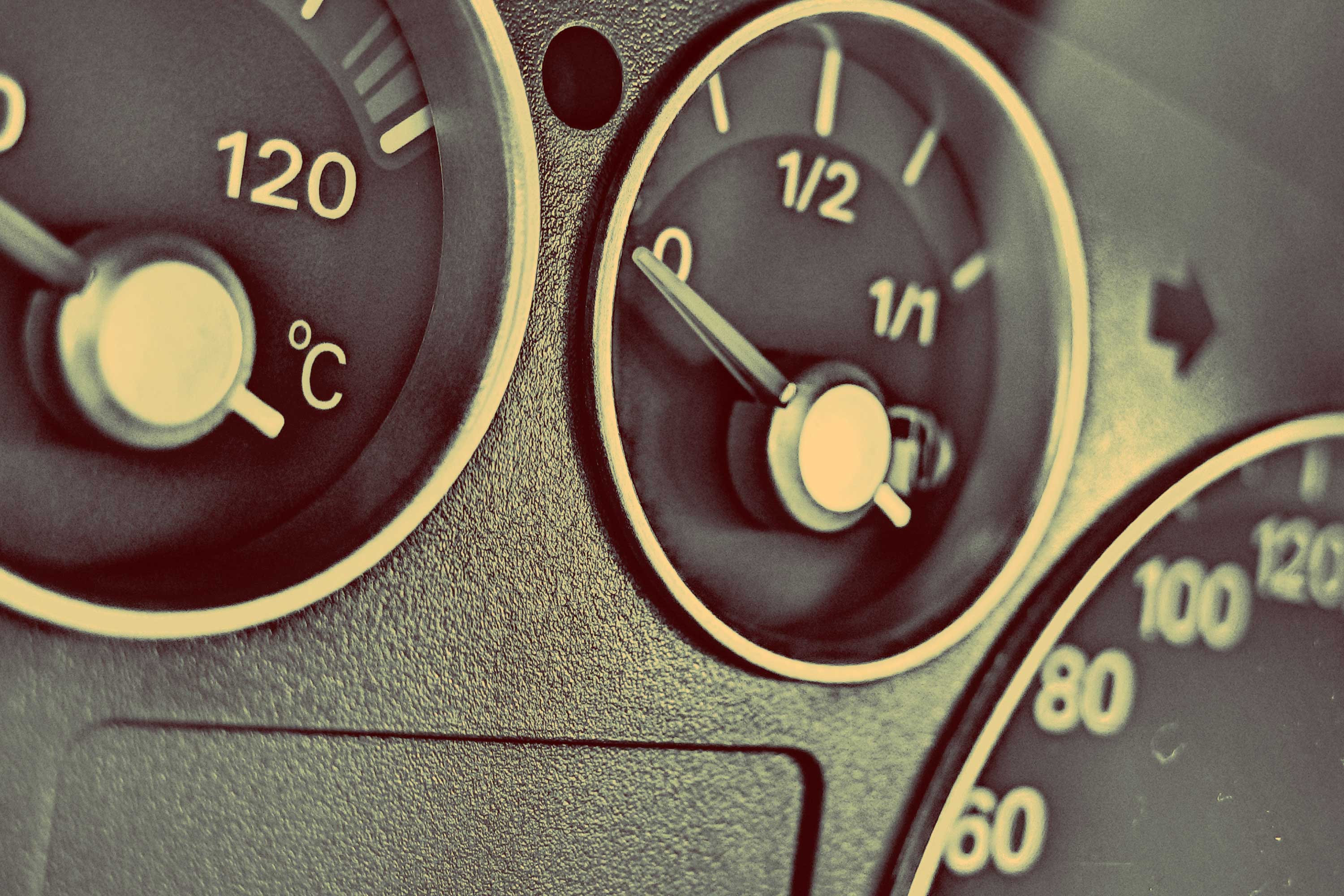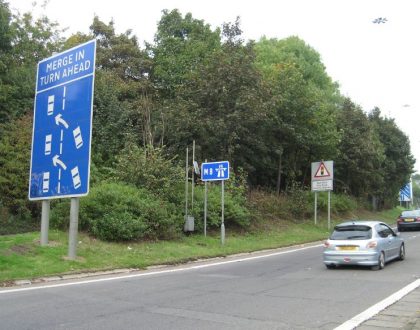Mileage. Guest blog by Northern Accountants

by Fiona Taylor
Business mileage record keeping is crucial to keep HMRC off your back

Phil Ellerby, Director of Northern Accountants in Morley
By Phil Ellerby, a tax expert from Northern Accountants
Every business in the UK will know how important it is to keep and provide accurate records for HMRC. Fail to comply and you could be hit with a heavy fine.
Unfortunately, there are still lots of SMEs who fail to appreciate the importance of employment tax compliance – particularly when it comes to cars which are provided for work.
As an accountant who helps business owners when they are the subject of a tax investigation, I know that the inadequate recording of business and private mileage is one of HMRC’s pet hates. And that’s putting it mildly!
Back in 2012, HMRC promised to crackdown on companies which were flouting the laws by adopting a new approach to ‘business record checks’ for small and medium-sized enterprises (SMEs). Since then, they have done this in a big way – investigating thousands of organisations who they believe have incomplete or inadequate mileage records.
At present, HMRC assumes an average 6,000 private miles a year – unless accurate records are available which can prove otherwise. If an employee claims less than this amount and cannot prove it, suspicion is likely to be aroused.
Surprisingly, and despite the threat of fines which can amount to thousands of pounds, I still see businesses and company car drivers with no mileage evidence of any journeys they have undertaken. If this applies to you, you’re asking for trouble!
Failing to record your mileage correctly may seem like a ‘silly’ or ‘minor’ mistake to make, but some of those found guilty of ‘non-compliance’ have been severely punished. Employers and employees have both been burdened with greater tax liabilities – and forced to pay backdated taxes and fines to HMRC.
If you want to avoid this, it is essential to:
- Understand the current HMRC regulations with regards to benefit-in-kind tax compliance.
- Ensure you keep comprehensive mileage records to demonstrate that you comply.
What is HMRC’s view on mileage record keeping?
HMRC views the private use of a company vehicle as a benefit-in-kind and employees who enjoy this perk MUST pay income tax on the value of this benefit – unless they have an accurate recording method which can prove negligible private use. Private use is classed as any journey not related to work – including a commute to a place of work.
The employee’s tax liability depends on the value of the benefit they receive. For cars, this value is calculated by using the vehicle’s ‘list’ price, its percentage of CO2 emissions and the fuel type it uses. Vans are viewed differently with a flat rate taxable benefit of £3,230 applied for the 2017/18 tax year.
An employer must also pay 13.8% of the value of the benefit in National Insurance contributions in addition to the employee’s tax contribution.
Fuel is considered to be a taxable benefit whether it is provided for free or subsidised for private travel, making it even more important to record clearly in company records how much mileage which was done for private and business journeys.
What are the penalties?
As the law currently stands, HMRC can issue a business with a fine of up to £3,000 per year per employee for an incorrect tax return.
The potential lost tax revenues which HMRC can reclaim are:
- Unpaid tax dating back four years
- Unpaid National Insurance dating back six years
- Lost interest on those sums
- Late payment penalties
HMRC penalties are dependent on how serious they believe your actions to be, the degree of responsibility or guilt they can prove and the potential tax revenue which has been lost.
HMRC penalties for tax avoidance usually fall into three categories:
Careless actions: A fine up to 30 per cent of all ‘potential lost revenue’ outlined above.
Deliberate but unconcealed actions: A fine up to 70 per cent of ‘potential lost revenue’.
Deliberate and concealed actions: A fine up to 100 per cent of ‘potential lost revenue’.
In the most serious cases, where HMRC has a strong case and negligence is proven, penalties can be backdated for a 20-year period.
How to comply with HMRC and avoid the threat of a large fine
To avoid the threat of an HMRC investigation, any business which offers the use of a car for work should ensure that the employee driving it keeps auditable evidence of any mileage they make – whether it’s for private or business use.
There are now a wide variety of ways to keep proper journey records such as mileage apps, telematic boxes, electronic mileage log books and tracking devices. All of these can help to prove that mileage claims are scrutinised regularly and any errors corrected.
Although I cannot endorse or recommend any of these products personally, I can recommend keeping accurate mileage records because this will reduce the risk of your business facing a HMRC investigation (and any subsequent fines!) and could help reduce your overall tax burden.
No-one wants to be investigated by HMRC. It’s a major headache which will burden any business and divert resources away from day-to-day operations, especially when it can be avoided by keeping a few simple mileage records.
Phil Ellerby, the owner of Northern Accountants, is a tax expert who offers tax compliance and business growth advice to SMEs from throughout the UK – email phil.ellerby@northernaccountants.co.uk to get in touch.
Recommended Posts

Zip merging, how should it be done?
18/04/2024

Integrating telematics with camera systems
16/04/2024
